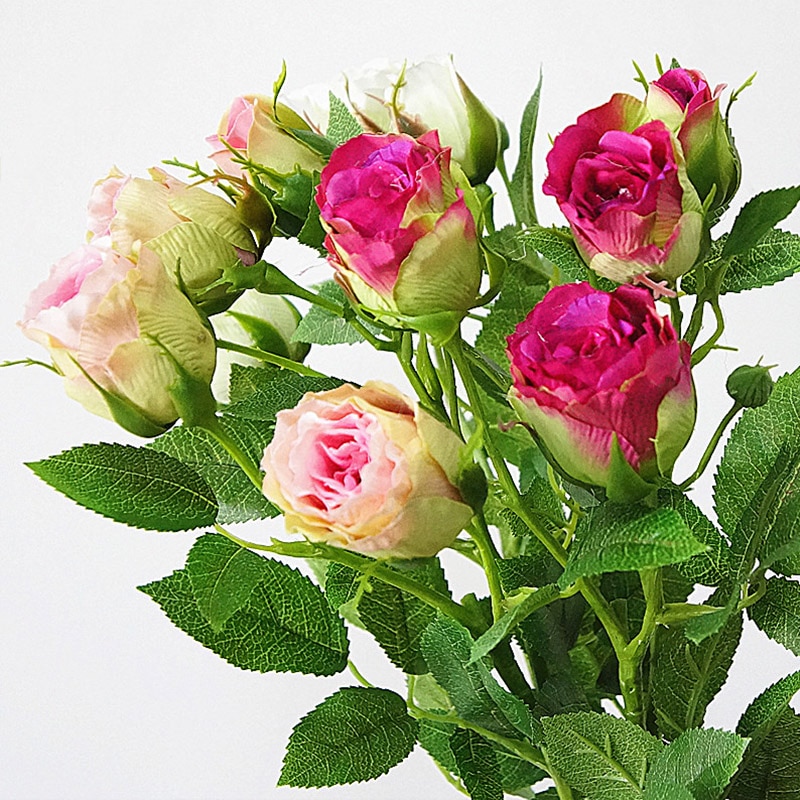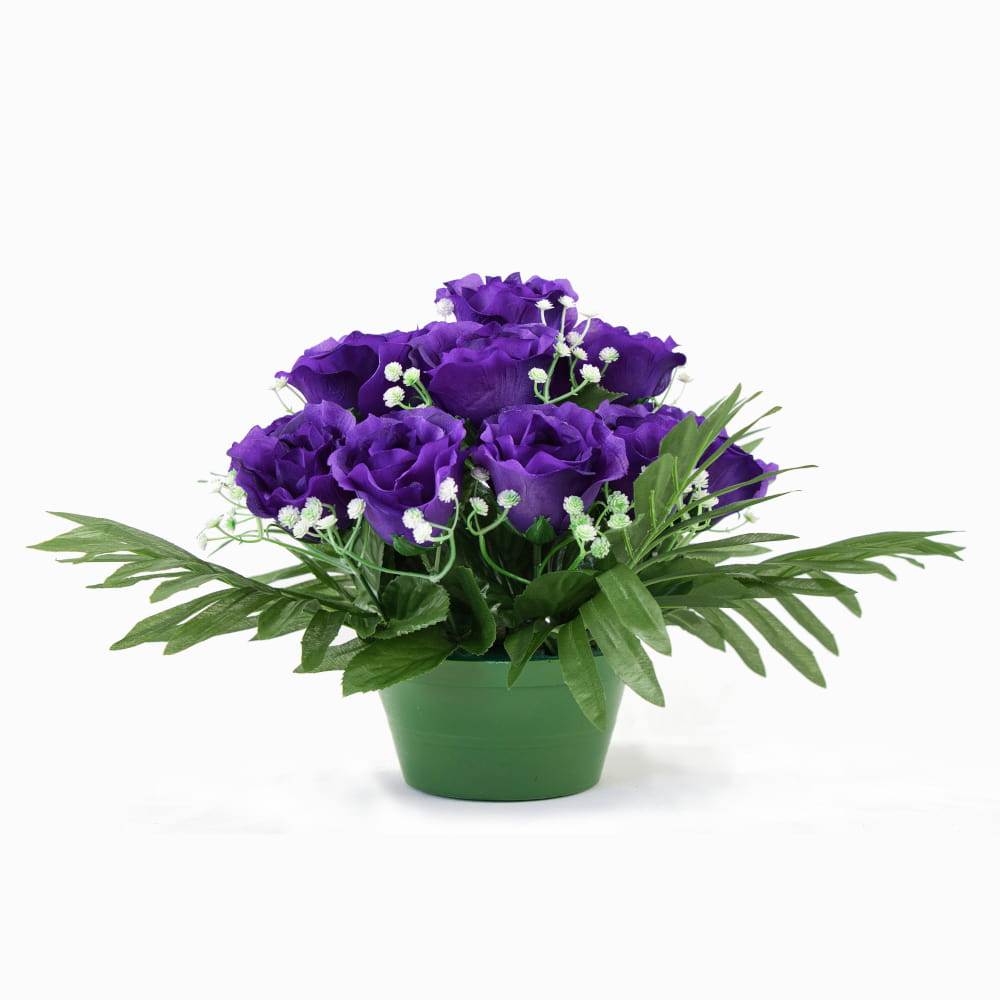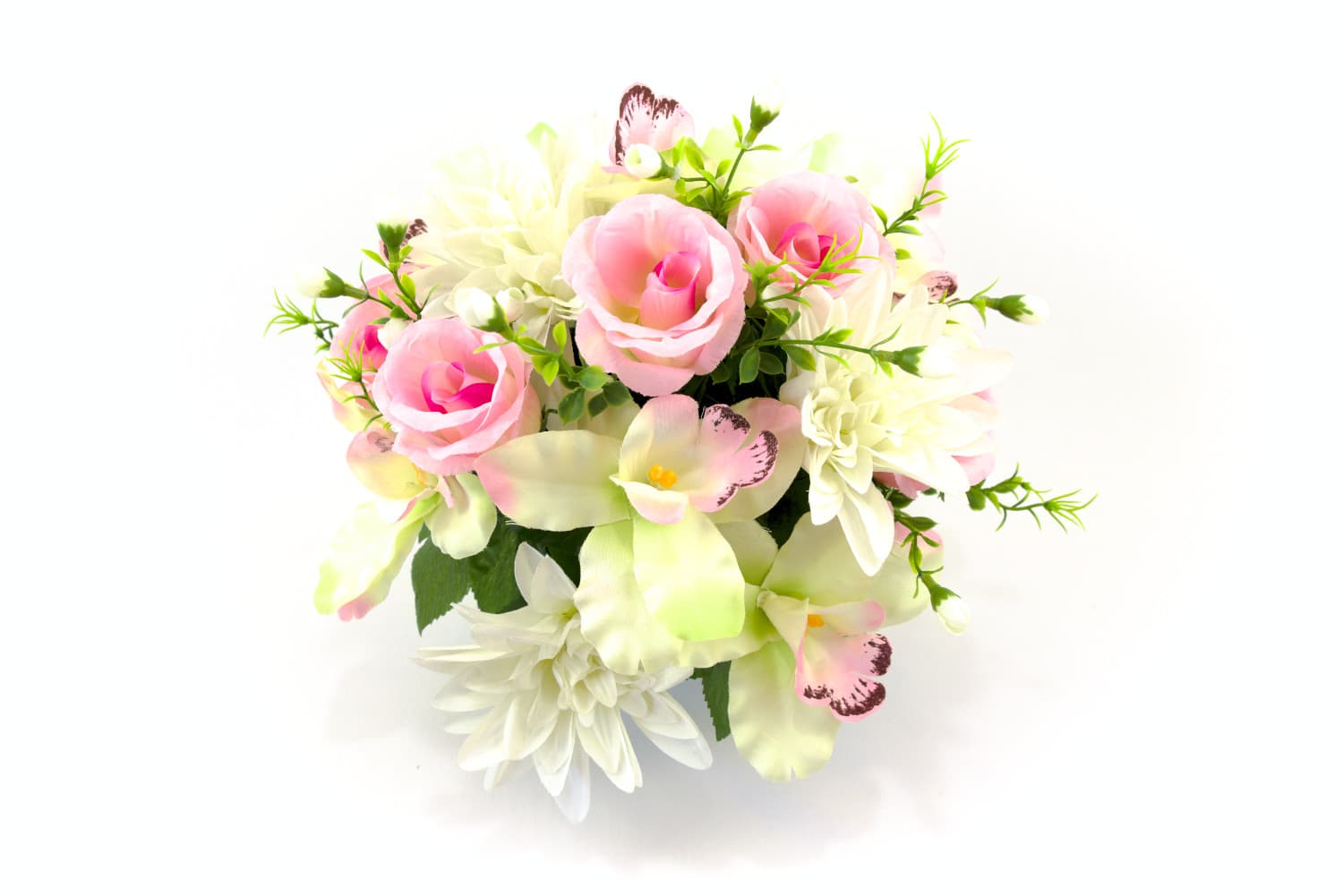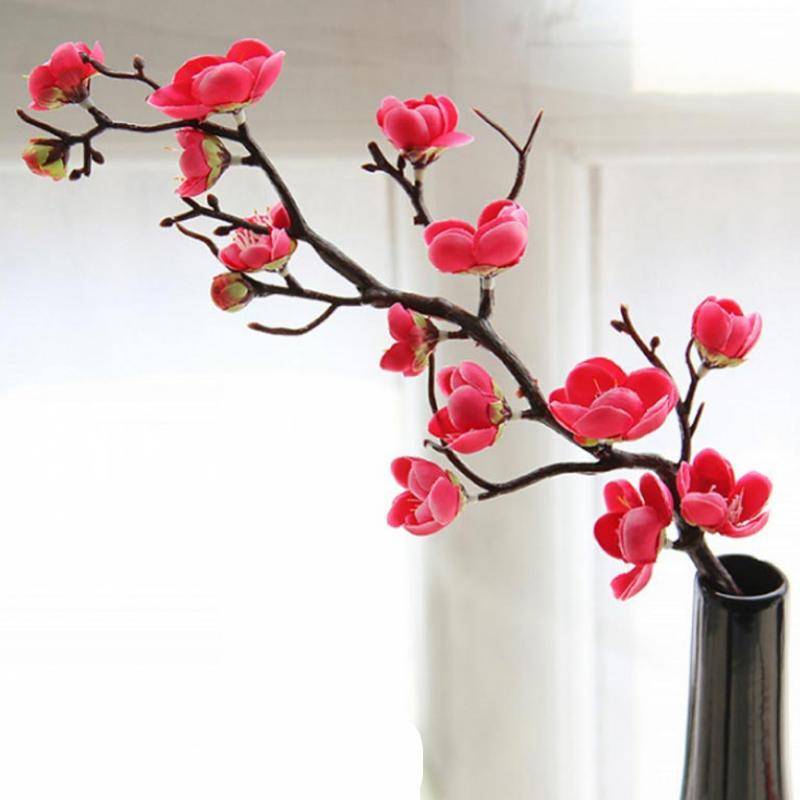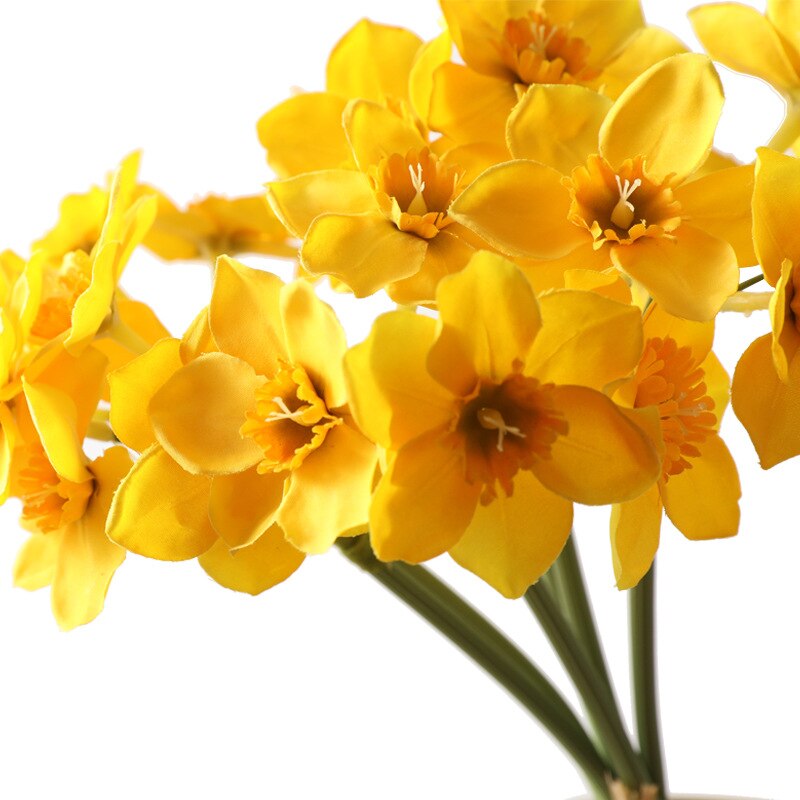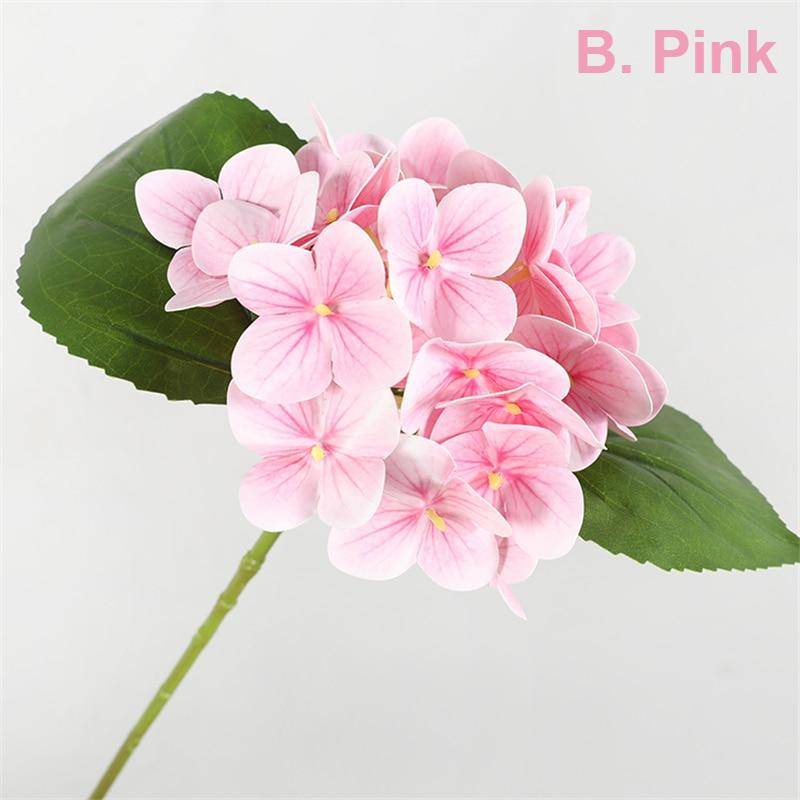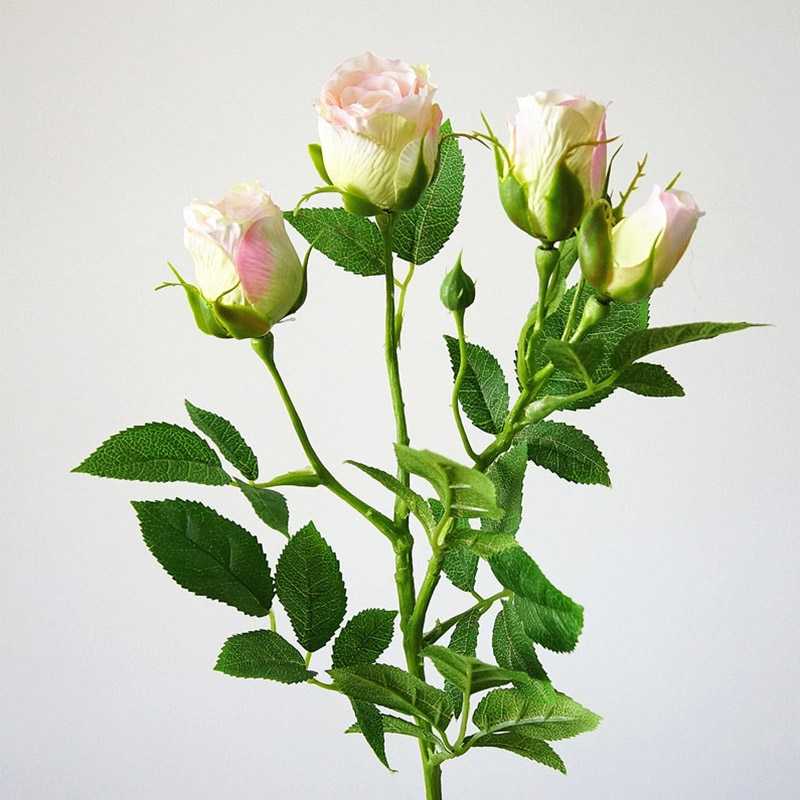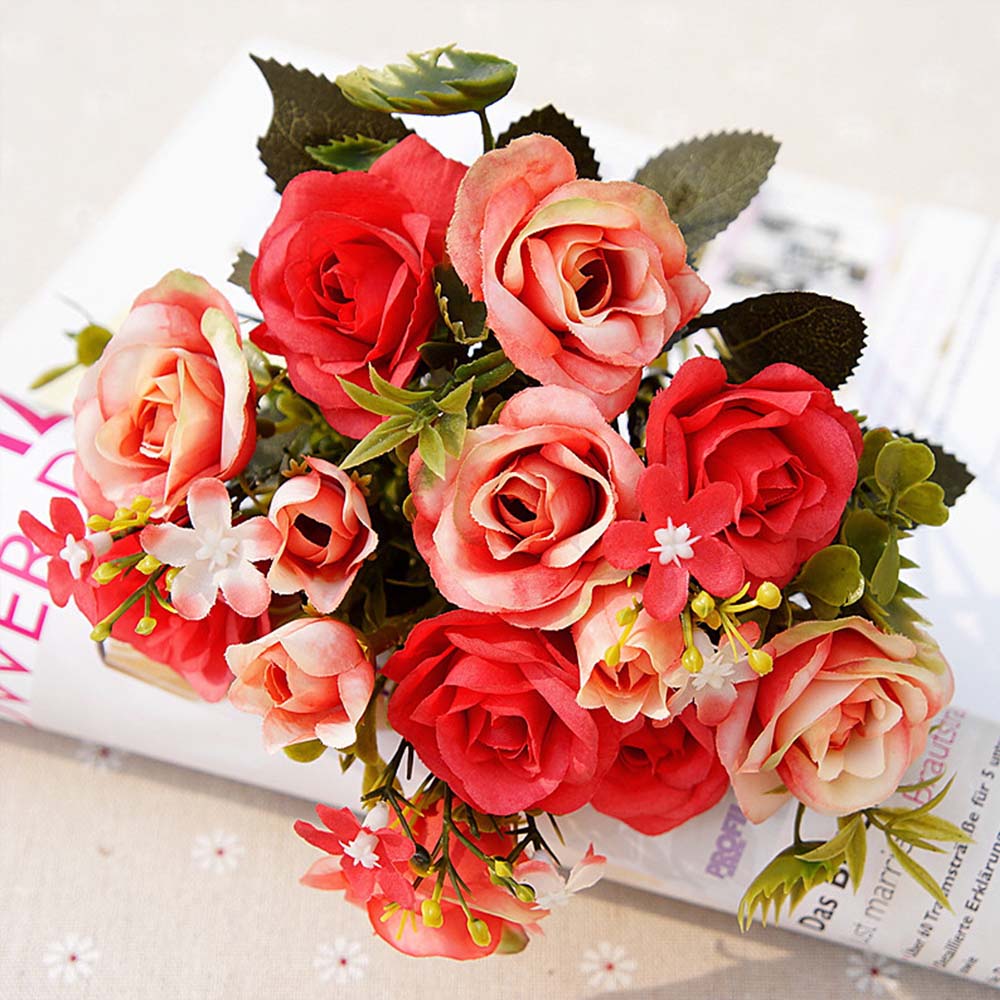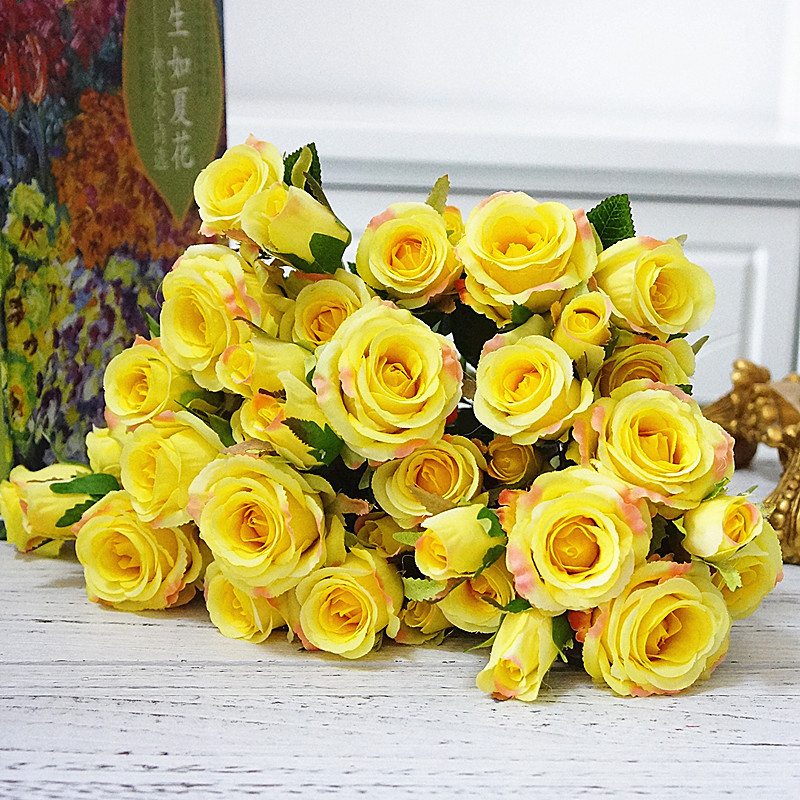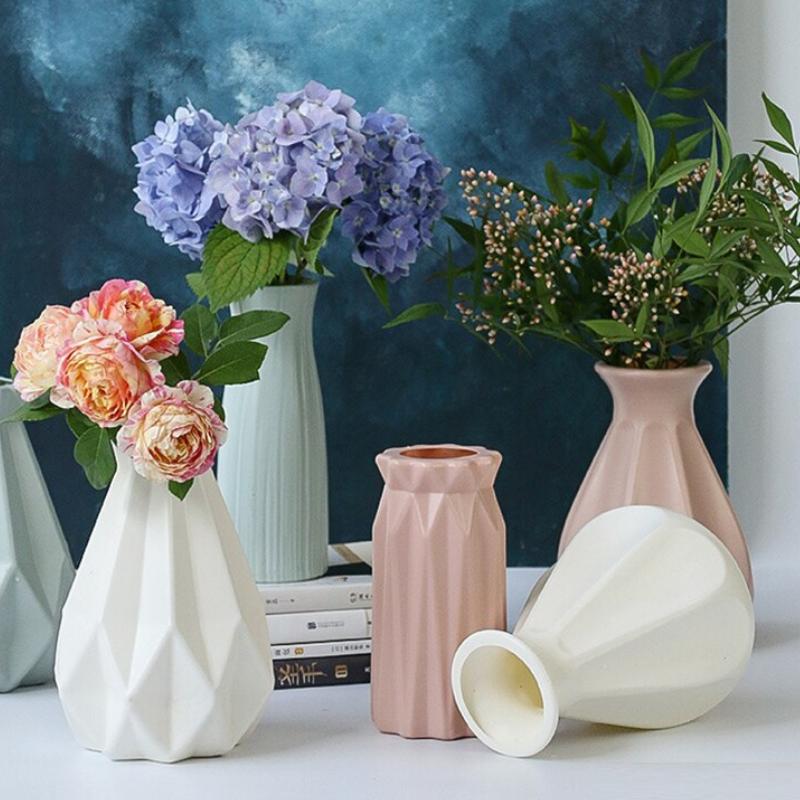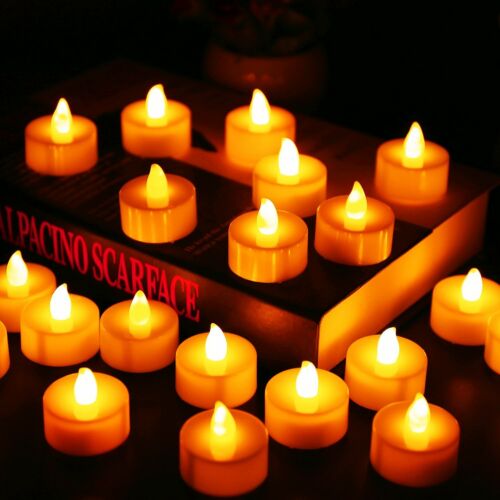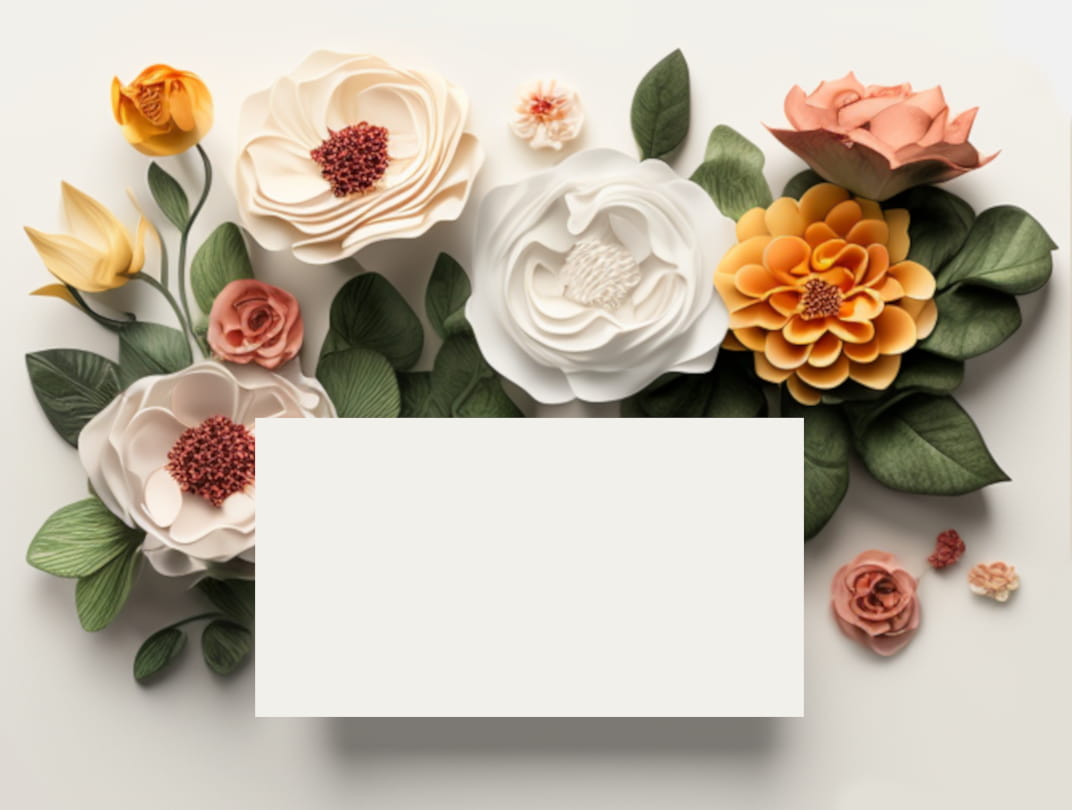
A to Z ~ Flowers Types + Symbolism + Colours + More, Guide.
E Flowers Guide.
E is for Faux Echinacea flowers, a popular choice for those looking to add a touch of nature to their home or event without the commitment of live plants. These artificial flowers are a great option for those with busy schedules or for those who may not have a green thumb. With a realistic appearance and long-lasting durability, faux echinacea flowers can bring a pop of colour and natural beauty to any space. Keep reading to learn more about the fascinating world of faux flowers and the other incredible plants that begin with the letter E.
A to Z Flower Guide.
Echinacea –
Symbolises ~ Strength, resilience, and healing.
Echinacea, also known as the coneflower, is a type of flowering plant that is often used as a symbol of strength, resilience, and healing when placed at a cemetery. These vibrant and colourful flowers are known for their large, spiky petals, which are thought to represent the idea of protection and resilience.
In European culture, echinacea flowers are often used to adorn the graves of loved ones who have passed away. The vibrant and colourful petals of these flowers are thought to represent the idea of strength and resilience, and are often used to bring comfort and solace to those who are grieving. Additionally, the flowers’ medicinal properties are seen as a symbol of the person’s ability to heal and protect.
In Chinese culture, echinacea flowers are also commonly used at cemeteries. These flowers are believed to symbolise the idea of reincarnation and the continuous cycle of life and death. The vibrant and colourful petals of the flowers are thought to represent the different stages of life, from birth to death and beyond.
In English culture, echinacea flowers are also frequently used at cemeteries. These flowers are believed to symbolise the idea of strength, resilience, and healing, and are often used to honour and remember the deceased person’s memory. The large and spiky petals of the flowers are thought to represent the person’s ability to protect and defend.
In Roman culture, echinacea flowers were also often used as a way to honour and remember the deceased person’s memory. The vibrant and colourful petals of these flowers were thought to represent the person’s strength and resilience, as well as their ability to heal and protect.
In Greek culture, echinacea flowers are also used as a way to honour and remember the deceased person’s memory. The large and spiky petals of these flowers are thought to represent the person’s strength and resilience, as well as their ability to heal and protect.
Overall, the use of echinacea flowers at a cemetery is a deeply meaningful and symbolic gesture in many cultures around the world. These vibrant and colourful flowers are often used to honour and remember the deceased, as well as to bring a sense of strength, resilience, and healing to those who are grieving.
Euphorbia ~
Symbolises ~ Person’s pure and undying love.
Euphorbia, also known as the spurge family, is a large family of flowering plants that includes a wide variety of flowers such as poinsettias and crown of thorns. These flowers are often used as a symbol of love, passion, and devotion when placed at a cemetery.
In European culture, Euphorbia flowers are often used to adorn the graves of loved ones who have passed away. The vibrant and colourful petals of these flowers are thought to represent the idea of love and passion, and are often used to bring comfort and solace to those who are grieving. Additionally, the flowers’ delicate and fragrant nature is seen as a symbol of the person’s pure and undying love.
In Chinese culture, Euphorbia flowers are also commonly used at cemeteries. These flowers are believed to symbolise the idea of reincarnation and the continuous cycle of life and death. The vibrant and colourful petals of the flowers are thought to represent the different stages of life, from birth to death and beyond.
In English culture, Euphorbia flowers are also frequently used at cemeteries. These flowers are believed to symbolise the idea of love, passion, and devotion, and are often used to honour and remember the deceased person’s memory. The delicate and fragrant petals of the flowers are thought to represent the person’s pure and undying love.
In Roman culture, Euphorbia flowers were also often used as a way to honour and remember the deceased person’s memory. The vibrant and colourful petals of these flowers were thought to represent the person’s love and passion, as well as their pure and undying love.
In Greek culture, Euphorbia flowers are also used as a way to honour and remember the deceased person’s memory. The delicate and fragrant nature of these flowers is thought to represent the person’s pure and undying love.
Overall, the use of Euphorbia flowers at a cemetery is a deeply meaningful and symbolic gesture in many cultures around the world. These vibrant and colourful flowers are often used to honour and remember the deceased, as well as to bring a sense of love, passion, and devotion to those who are grieving.
Even and Odd Numbers in Flower Giving ~
When it comes to giving flowers as gifts, the number of flowers given can hold a significant meaning and symbolism. Giving an even number of flowers is often seen as a symbol of balance and symmetry, making it a traditional and safe choice for occasions such as weddings, engagements, and anniversaries. In many cultures, even numbers are also associated with good luck and prosperity. For example, in Chinese culture, the number eight is considered lucky because it sounds similar to the word for “prosper” or “wealth.” Therefore, giving eight flowers as a gift would be seen as a symbol of wishing the recipient good luck and prosperity.
Additionally, giving an even number of flowers, such as 12 or 24, is often seen as a symbol of perfection and completeness. It is also a traditional gift for a couple celebrating a wedding anniversary. For example, giving 24 Roses to a couple celebrating their 24th anniversary would be a thoughtful and meaningful gesture.
On the other hand, giving an odd number of flowers is often seen as a symbol of individuality and uniqueness. Odd numbers are also associated with good luck and prosperity in many cultures. For example, in some cultures, it is believed that giving an odd number of flowers, such as three, five or seven, can bring good luck and protection. The number three is particularly significant, as it is associated with the Holy Trinity in many religions and for the Irish, the 3-leaf clover, the Shamrock is symbolic and loved. In ancient Greece, it was believed that the number three was sacred and that giving three flowers would bring the recipient good fortune.
It should also be noted that in some cultures and legends, a 4-leaf clover is considered a good luck charm. This is based on the legend of Eve who, according to the Bible, took a four-leaf clover from the Garden of Eden which symbolises good luck. So, giving 4 flowers can also be seen as a good luck charm.
In Greek culture, it is traditional to purchase cemetery flowers in odd numbers. The reasoning behind this tradition is that odd numbers are considered to be lucky and bring good luck to the departed soul. The most common numbers to be purchased are 3, 5, 7, and 9. It is also considered respectful to bring an odd number of flowers as it symbolises that the person passed away, rather than an even number which may symbolise the person is still alive. It is a small but significant tradition that is still honoured today.
In conclusion, giving an even number of flowers is seen as a symbol of balance and symmetry, while giving an odd number of flowers is seen as a symbol of individuality and uniqueness. Both even and odd numbers are associated with good luck and prosperity in many cultures, and the number of flowers given can also have additional cultural or symbolic significance. It is also important to note that in Western cultures giving even numbers of flowers is preferred for funerals and grieving while in Greek culture odd numbers are traditionally given for cemetery flowers. Our Faux flowers are perfect for those who want to give the gift of flowers and express their emotions without having to worry about the freshness of the flowers. They will last for years and always be in the perfect condition, making them the perfect gift for any occasion.

